On Air Now
Calm Classics with Ritula Shah 10pm - 1am
From dreamy Romantic works by Fauré to influential pieces by 20th century masters like Messiaen, join us in celebrating the best music from across the Channel, and listen and download your favourites in time for Bastille Day on July 14th.
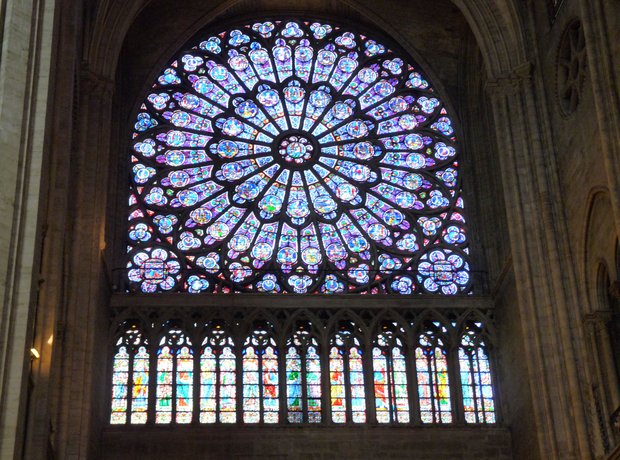
So many wonderfully French pieces by Gabriel Fauré, but his Requiem is arguably his most famous and best-loved. Every one of the seven movements of this celestial mass is musical gold, with the treble solo in the Pie Jesu being a highlight for many.
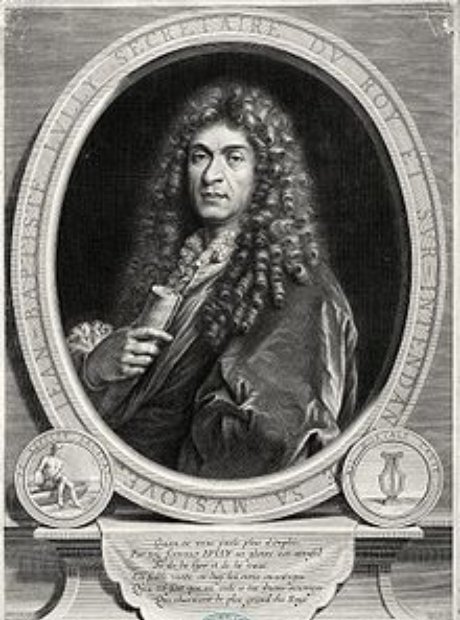
Jean-Baptiste Lully is a key figure in the world of French Baroque music - music known particularly for its excited dotted dance rhythms, and often performed in the French court. Lully wrote a number of operas, including the brilliant Alceste, presented to the French king Louis XIV’s after his victory against Franche-Comté.
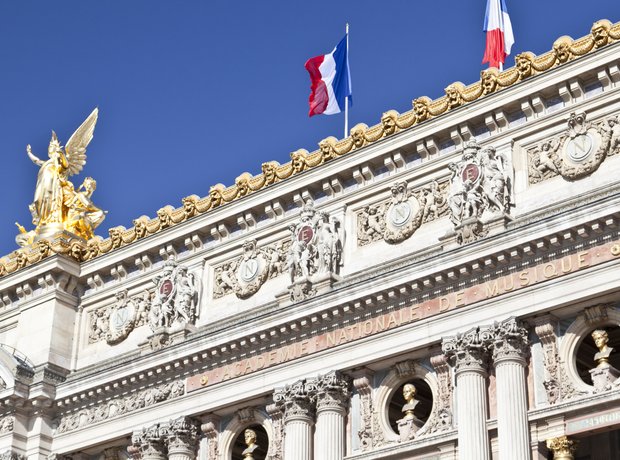
Baroque composer Rameau first tried his hand at opera at the age of 50, and it's safe to say it didn't go down too well. After Lully, critics expected operas packed with drama and French patriotism, but Rameau turned his back on the musical tradition that had gone before, only to come up with his own ideas.
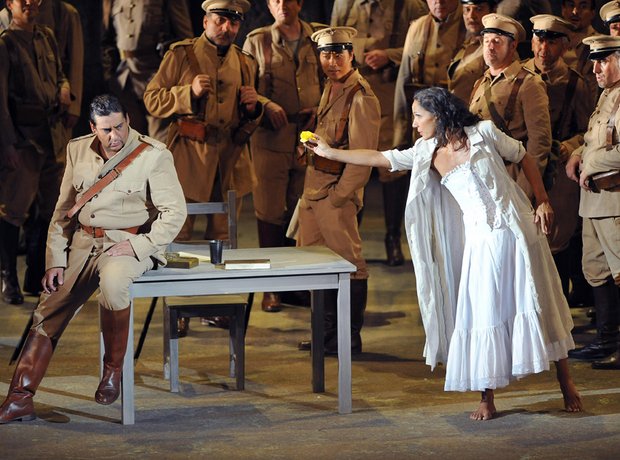
It's not just French Baroque opera that broke the mould. Bizet's 1875 masterpiece, Carmen, has taken audiences by storm since its composition, and now ranks among the most-performed operas of all time.
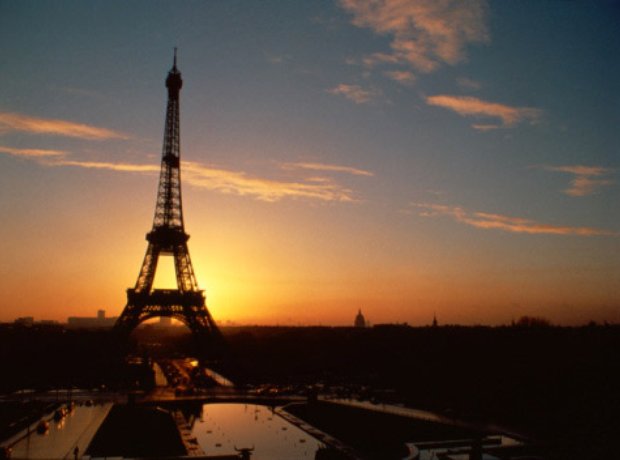
OK, Puccini isn't exactly French, but his brilliantly bohemian opera captures the gritty atmosphere of Paris in the 1840s. It also happens to be one of the greatest operatic love stories ever written.
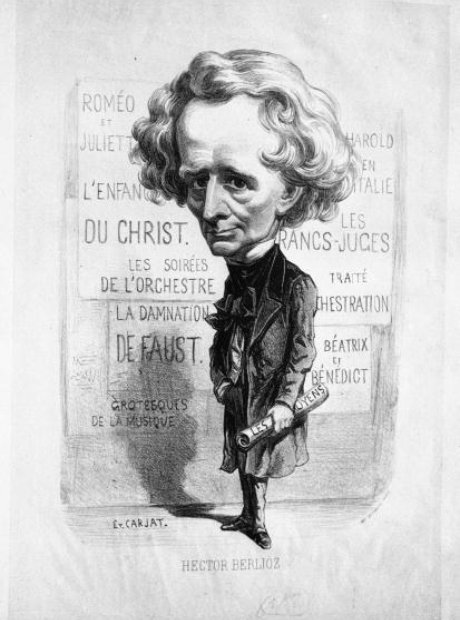
You can't get much more French than the national anthem of France. Written by Claude Joseph Rouget de Lisle in 1792, it was arranged by the patriotic French composer Hector Berlioz in 1830, for soprano, chorus and orchestra.
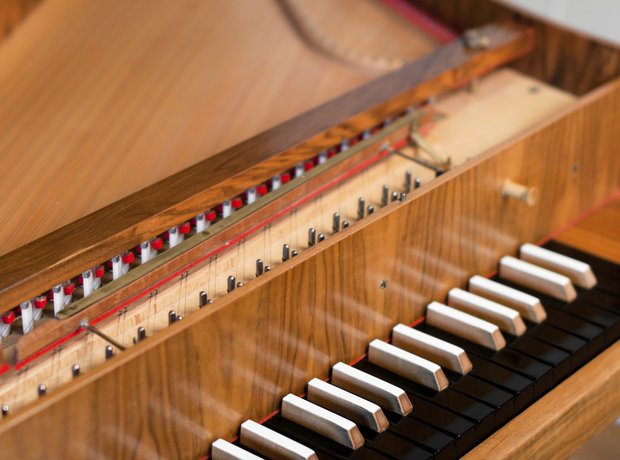
It's simple, it's beautiful, and it's a fine example of French Baroque keyboard music. Still, no one really knows what this piece is about: what are the mysterious barricades? The only thing we really know for sure is that this pretty little rondeau comes from Couperin's influential work, the Sixiéme Ordre of his Pièces pour Clavecin, published in 1716–17.
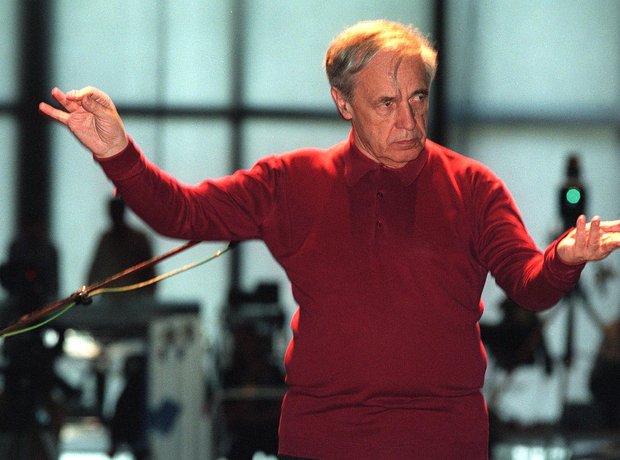
Music by Pierre Boulez might not be everyone's cup of tea, but he's one of the most influential composers ever to come from across the Channel. After experimenting with serialism, where the music is made up of an ordered set of 12 notes, he moved on to pioneering electronic compositions, and he's still conducting and composing to this day.
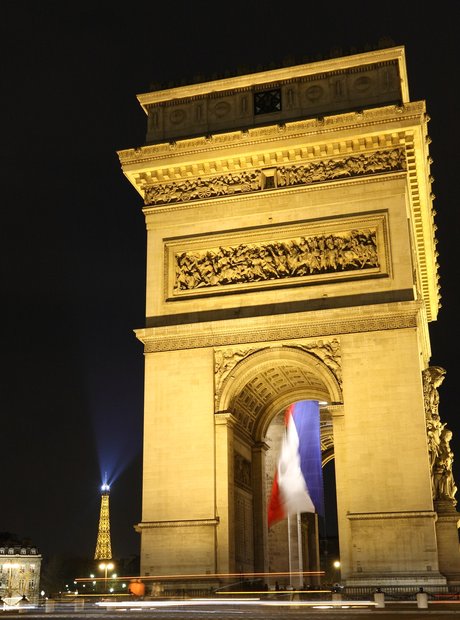
If you're looking for music steeped in Parisian flamboyance, you can't go far wrong with Francis Poulenc. His L’histoire de Babar, le petit éléphant, tells the story of - well, you guessed it, Babar the elephant, complete with wonderfully poetic French narration.
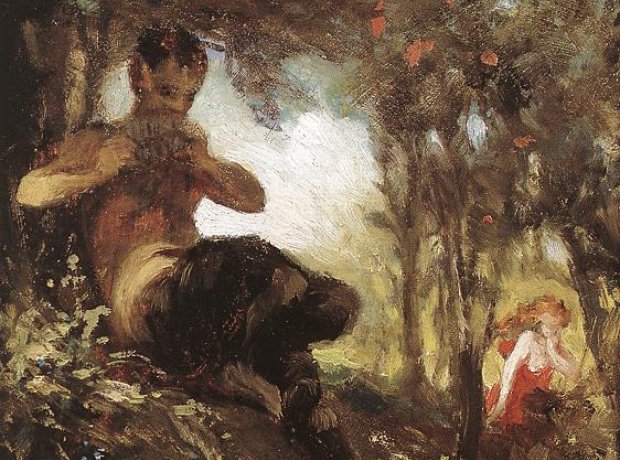
Premiered in Paris in 1894, this balmy music paints a picture of a faun, dreaming in the haze of an afternoon. It's a prime example of Impressionism - music based on a style of art championed by 19th century French artists, including Claude Monet.
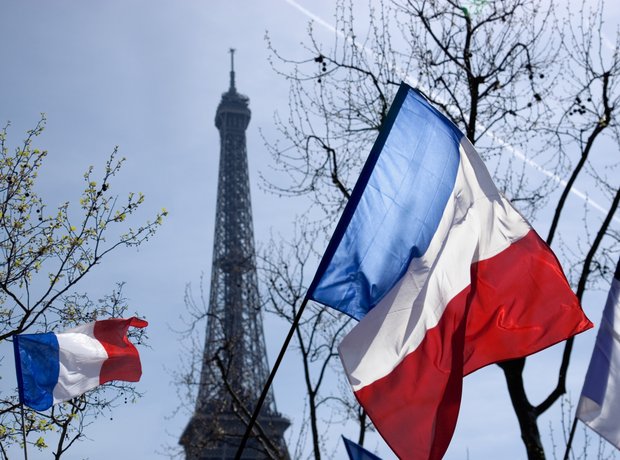
Like Debussy, Ravel was one of France's best-known impressionist composers. At almost an hour in length, Daphnis et Chloé is Ravel's longest work - and is seen as one of his best. Ravel's also responsible for writing the ice-skating classic, Bolero, but he was his own worst critic, describing the music as a "piece for orchestra without music"!
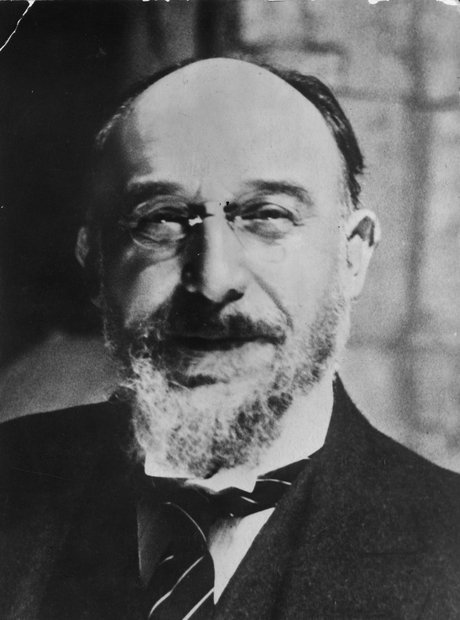
It might sound like a French word, but Satie actually made it up to describe these twinkling piano miniatures. He composed the first three around 1890, but the final four weren't published until long after his death.
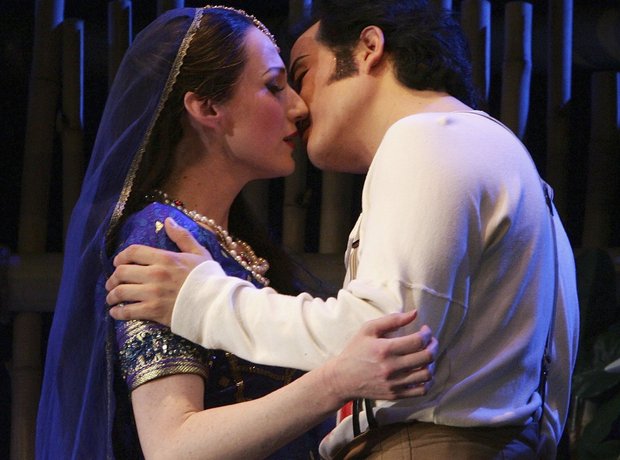
Setting a French libretto by Edmond Gondinet and Philippe Gille, Lakmé is Delibes most famous opera. Since its first performance in 1883, its popularity is almost certainly thanks to the beautiful Flower Duet, otherwise known as Sous le dôme épais.
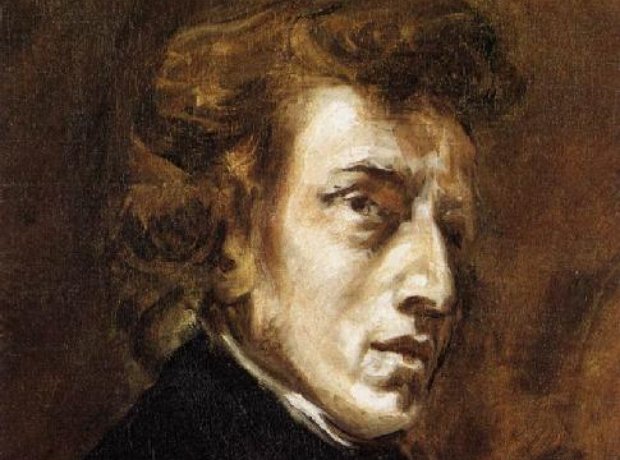
Chopin was born in Poland, but moved to France in 1831 and became a French citizen four years later. He wrote 13 of his Nocturnes for piano as a French citizen, and they're a perfect example of his style.
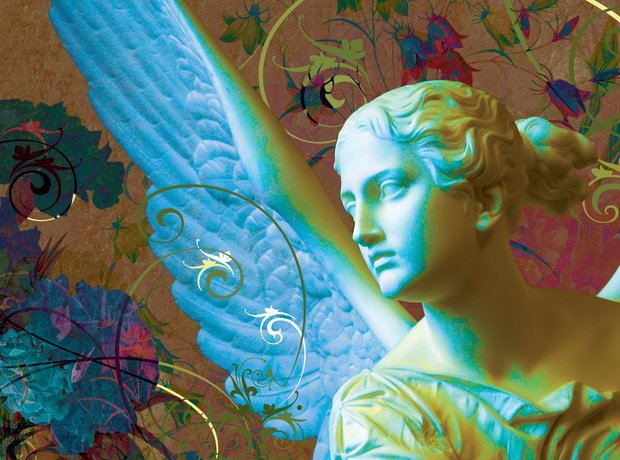
Olivier Messiaen is one of the major composers of the 20th century, who started studying at the Paris Conservatoire aged just 11. Inspired by colour, birdsong, and the Biblical Book of Revelation, his Quartet for the end of time is about as celestial as Messiaen's works come.